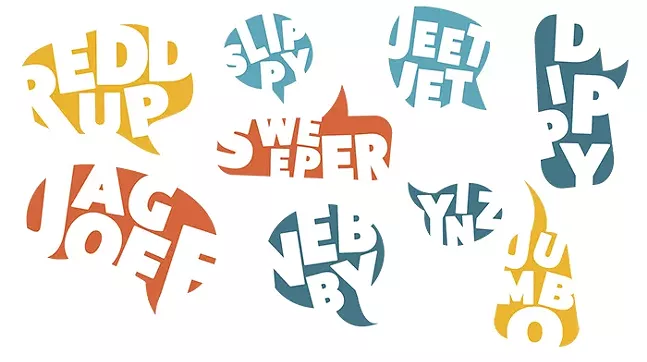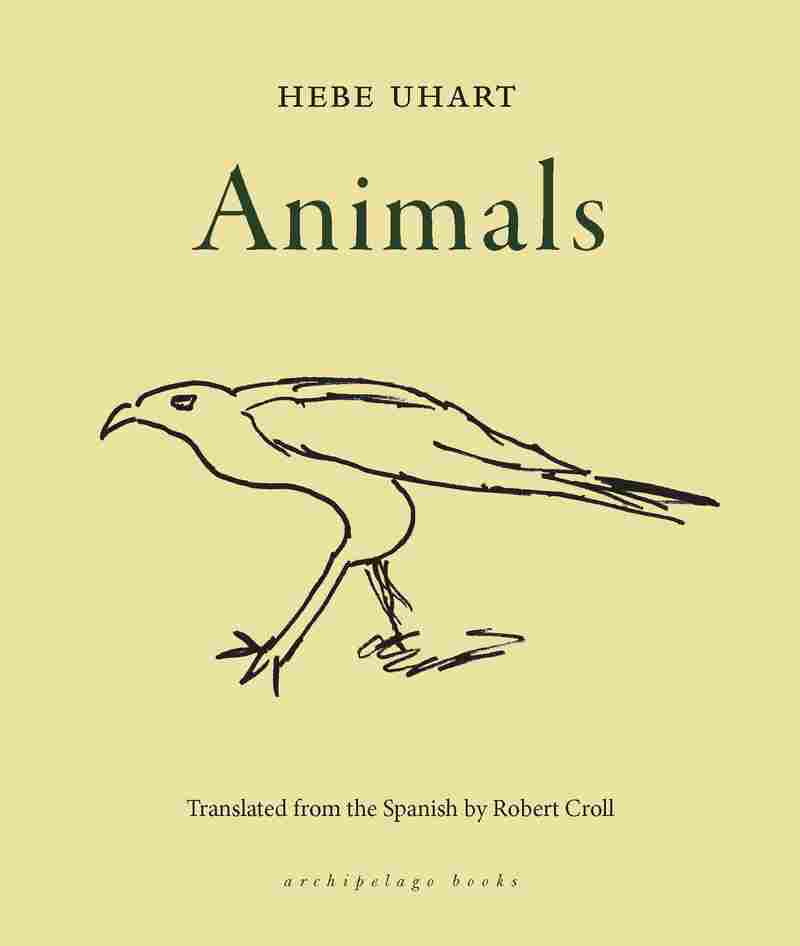Hebe Uhart's drawing of a chimango bird, from Animals. Courtesy of Archipelago Books hide caption
toggle caption
Courtesy of Archipelago Books
Hebe Uhart's drawing of a chimango bird, from Animals.
Courtesy of Archipelago Books
Over the course of the coronavirus pandemic, I often have found myself using books — especially, but not only, books in translation — to satisfy my itch to travel. Increasingly, though, I find that tendency suspect. My favorite books may take me other places, but they also help me look more deeply into my own life and mind. Why should I give that opportunity up just because I feel stir-crazy? As a course-corrector, I have been seeking out books — again, translated and not — that serve desires other than wanderlust. All three of the ones below have made me very glad.
An I-Novel, by Minae Mizumura, translated by Juliet Winters Carpenter
An I-Novel, by Minae Mizumura, translated by Juliet Winters Carpenter Columbia University Press hide caption
toggle caption
Columbia University Press
A century before American and European writers began gravitating to autofiction en masse, Japanese novelists were writing confessional books known as shishōsetsu, or I-novels. Minae Mizumura's 1995 Shishōsetsu from right to left, written at a point when many readers and critics had grown tired of I-novels, updated the form in a remarkable way. Her book, which appears in English as An I-Novel, is bilingual. It toggles between English and Japanese, replicating the way Mizumura herself spoke, wrote, and thought during her adolescence and early adulthood in the United States. For years, she worried that the book's bilingual nature rendered it untranslatable into English, since, of course, translation makes An I-Novel monolingual. But through the simple-but-brilliant trick of putting Mizumura's original English text in bold, her translator, Juliet Winters Carpenter, permits the Anglophone reader to understand how ceaselessly and naturally Minae, the novel's protagonist, switches tongues.
Language is, unsurprisingly, central to An I-Novel's thematic concerns. Minae, a struggling doctoral candidate, is on the verge of quitting American academia and returning to Japan to be a writer. Her sister and confidante, Nanae, asks why she isn't considering writing in English; Minae feels she can't. She has never prioritized her English, since she resents it and sees it as a force of domination; still, she recognizes the "incomparable privilege" of writing in such a globally understood language. Mizumura is very sharp on such questions of privilege and identity, which she dissects with total lucidity. No idea seems too tangled or uncomfortable for her. She's an intellectual powerhouse, and Carpenter's chatty, fluid translation more than keeps up with her thinking. For readers intrigued by questions of globalization, literary politics, or translation An I-Novel is a complete must-read, but, no matter what your interests, this is not a book to be missed.
Animals, by Hebe Uhart, translated by Robert Croll
It is a bit of a truism — but also very true — that writing about niceness is easier than writing about ugliness. Hebe Uhart, one of Argentina's best-beloved fiction writers, excelled at the former. Uhart, who died in 2018, was an utter master of the gentle observation. Her work combines unsentimental affection with endless curiosity about the details of everyday life. In a lovely Paris Review tribute, the Chilean writer Alejandra Costamagna describes Uhart's vision as "[s]eemingly naïve but tremendously sharp." That duality is on excellent display in Animals, a collection of Uhart's sketches — verbal and pen-and-ink — of pets, zoo creatures, wild birds, and the "human animals," Uhart's preferred term, who love them.
Animals is at once tender, bemused, informative, and deeply fun. Some of its essays are simply collections of facts; others are glorified interview transcripts; others look at prior books about animals, mining them for helpful insights. But in every one, Uhart, as the narrator, "stands agape in contemplation" before some animal or other, marveling at meerkats' watchfulness or parrots' ability to communicate. Her humility and wonder are instantly endearing. They are also philosophically enviable. Animals is, in fact, a philosophical work. It asks, through sweet, respectful attention, how we might best relate to animals; how we humans, so accustomed to seeing ourselves as nature's rulers, might adjust our attitudes. For those not given to such thought, reading Animals could be a good start.
Catch the Rabbit, by Lana Bastašić, translated by the author
I should admit that I am often skeptical of self-translations. Translation is often like surgery, and is it the best idea, really, to operate on yourself? In the case of the Bosnian writer Lana Bastašić's very good debut Catch the Rabbit, which she translated from the Serbo-Croatian, I would say it was probably not the right choice. Bastašić's English prose can be odd, clunky, and over-adorned — but not so much that it gets in the way of her story. Her protagonist Sara, a Bosnian emigrant in Dublin, has no contact at all with her old life. She shuns her homeland entirely, wanting to forget its violence, but when her childhood friend Lejla calls to ask her for a ride to Vienna, Sara finds herself booking a flight.
Sara can't say no to Lejla. Nor can she permit herself to see the truth — and difficulty — of her friend's life. This seems to have always been the case. Sara is the Christian daughter of a police captain; Lejla comes from a Muslim family that, we come to understand, lived in terror for years. Still, Sara is committed to her childhood conviction that Lejla's charism makes her "full of herself, privileged and untouchable," though the reader knows Sara herself is the untouchable one. This irony undergirds the novel, which reveals itself to be a quietly tragic examination of the effect denial can have on even the deepest friendships. The events of the ending seem, ultimately, almost beside the point: No matter what happens in Sara and Lejla's present, their true connection frayed to nothing long ago.
Lily Meyer is a writer and translator living in Cincinnati, Ohio.












